Space is silent, right? Well, sure. To us humans, at least.
Because space lacks an atmosphere, there are no molecules for sound waves to vibrate. Therefore, no sound. But what if your ears were different? What if you could hear, say, electromagnetic waves as they whip through space?
Chances are, these space sounds would be a little like this...
What WAS that?
That was the sound of magnetic fields and charged solar particles as they collide in the Van Allen Belts.
Come again?
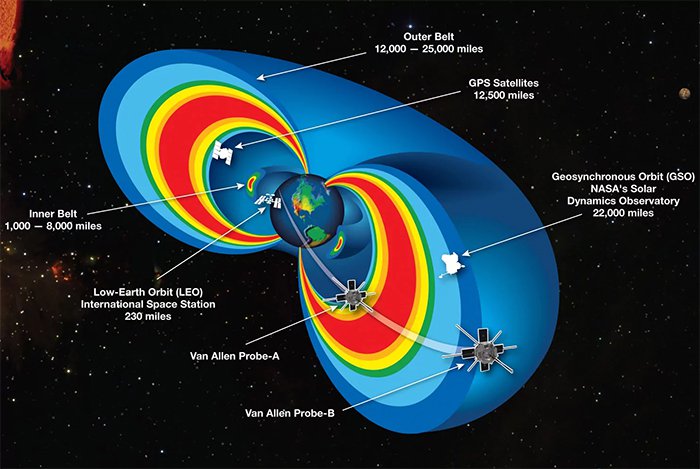
As seen above, the Van Allen Belts (a small Inner Belt and much larger Outer Belt) are large groupings of charged solar particles around Earth. The particles are held in place by the Earth's magnetic fields.
And the Van Allens make for some terrific electromagnetic fireworks, as the magnetic fields collide with wave after wave of solar particles, or plasma. And if you have the right equipment, it makes for some great listening!
Fortunately, NASA does, thanks to a pair of Van Allen Probes equipped with something called EMFISIS (Electric and Magnetic Field Instrument Suite and Integrated Science).
Space symphony
Though it's beyond us to tell you exactly how EMFISIS works, here's what the technology does. It converts the Van Allen Belts chaos of electromagnetic waves (which we can't hear) into radio waves (which we can). The final result is, well, difficult to describe.
Robot geese? A synthesizer swarm of technicolour bees? An astro-choir of gem gerbils?
However you decide to describe these space sounds, they're pretty amazing!
Check them out now!
 Think there's no sound in space? Think again! (© Pop Nukoonrat | Dreamstime)
Think there's no sound in space? Think again! (© Pop Nukoonrat | Dreamstime)

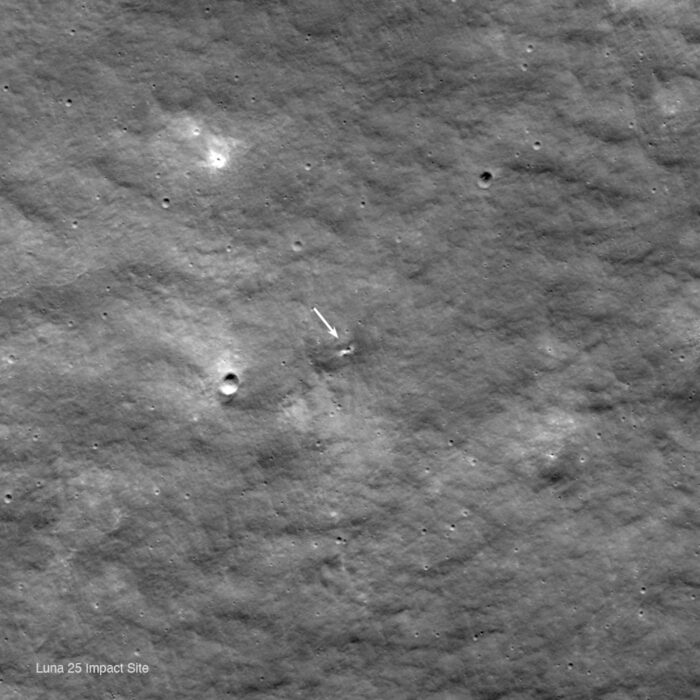


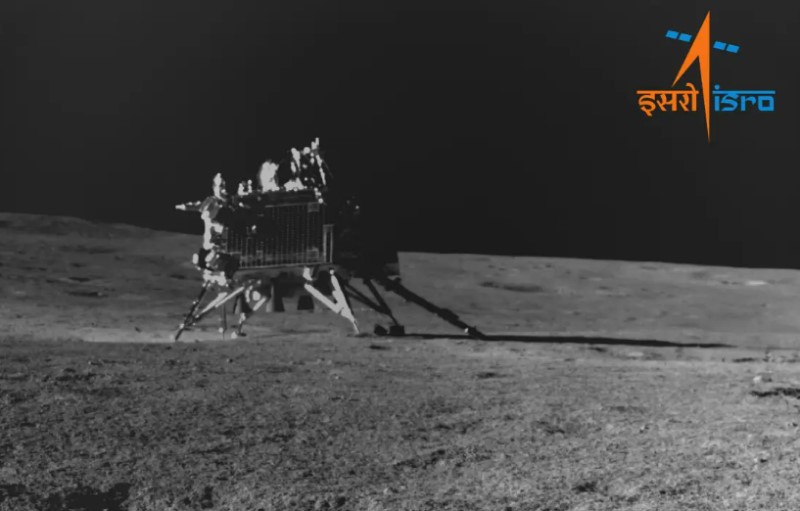
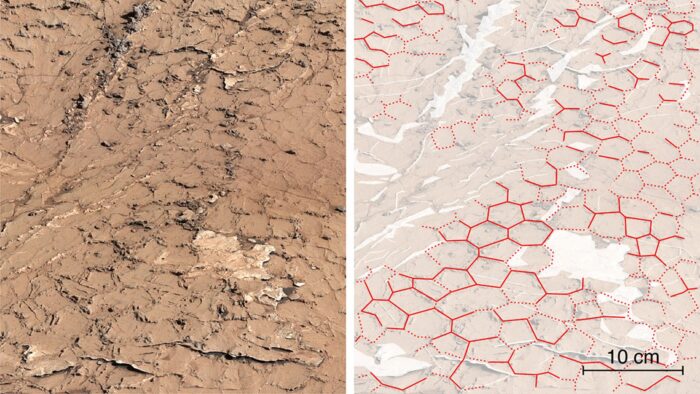


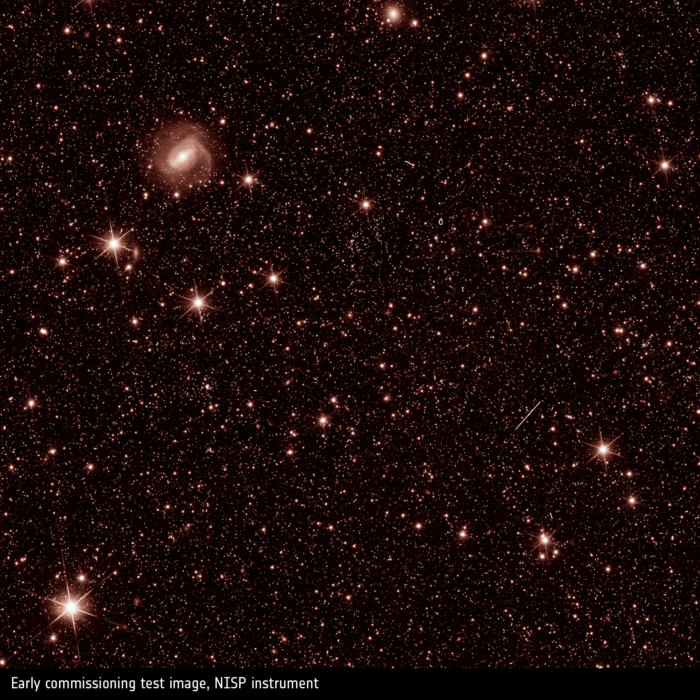

So cool ?
Space sounds ?